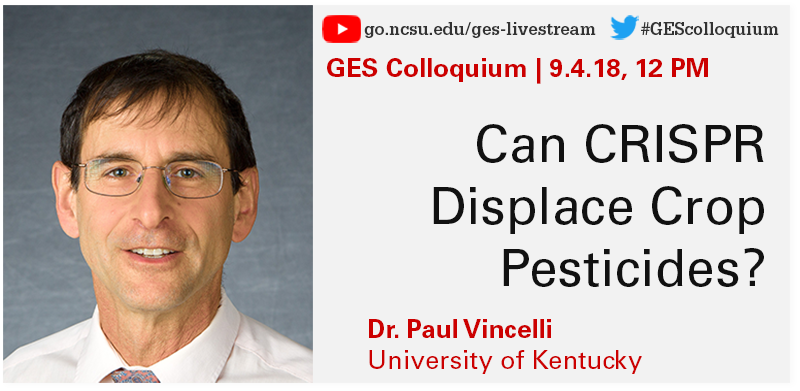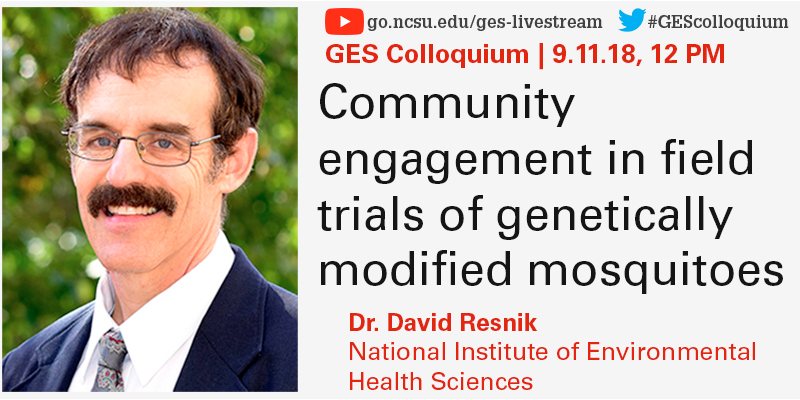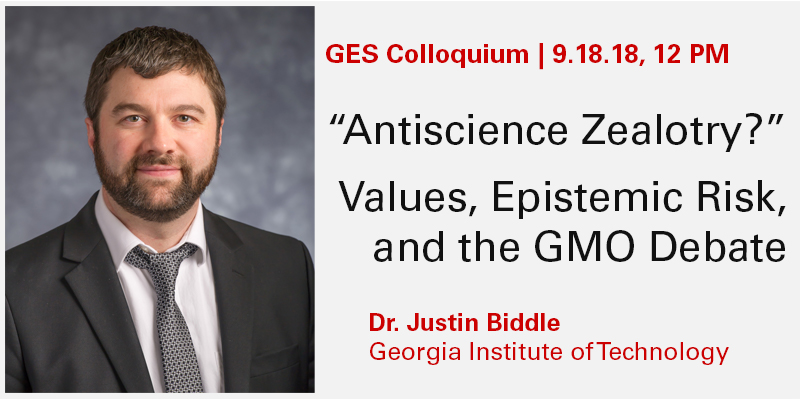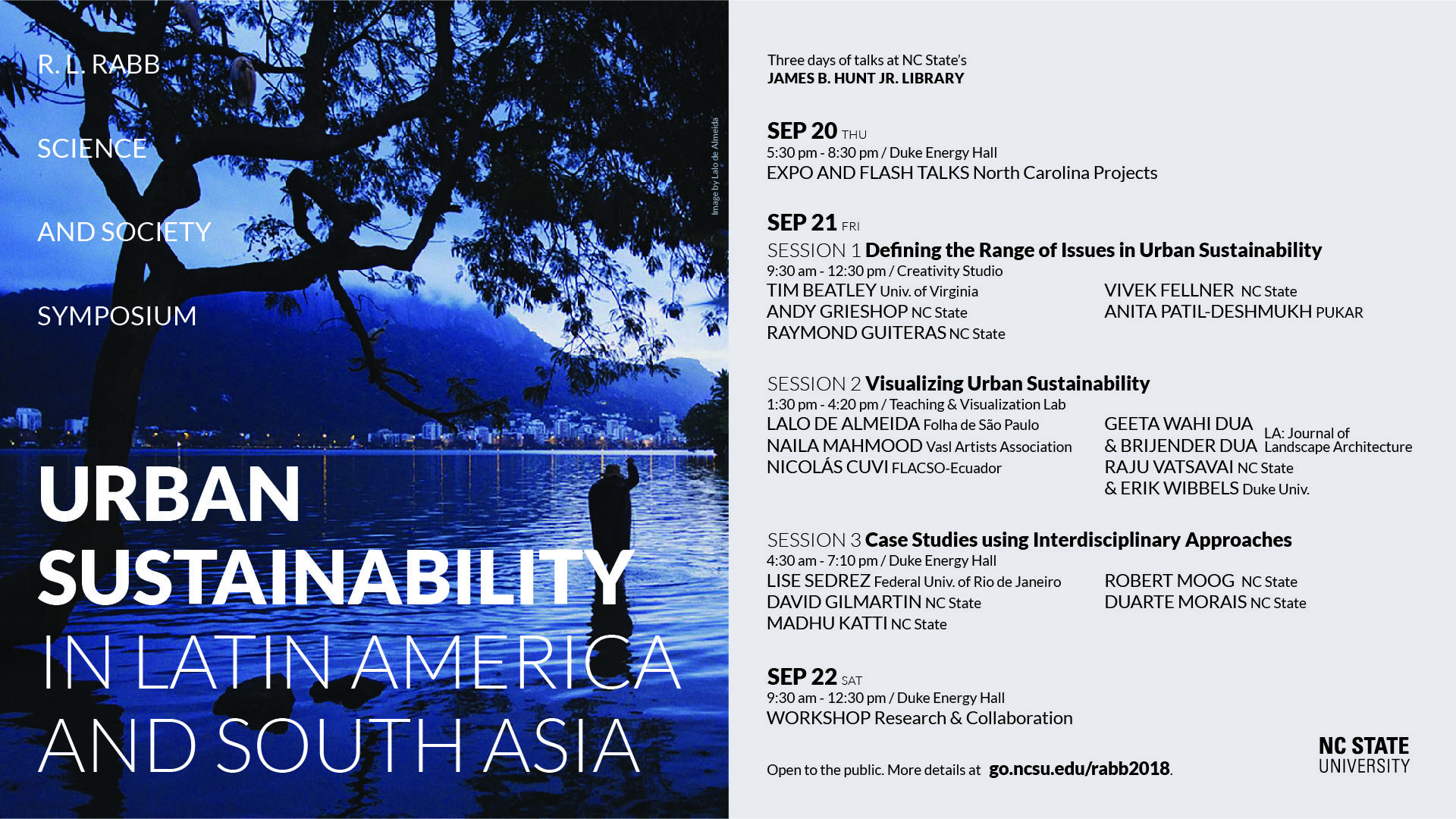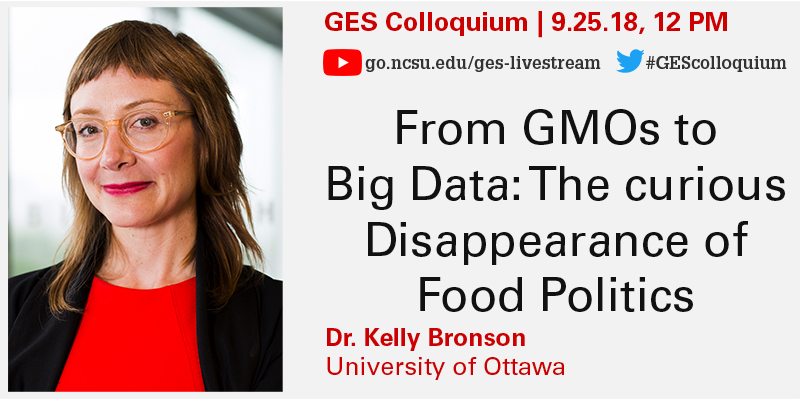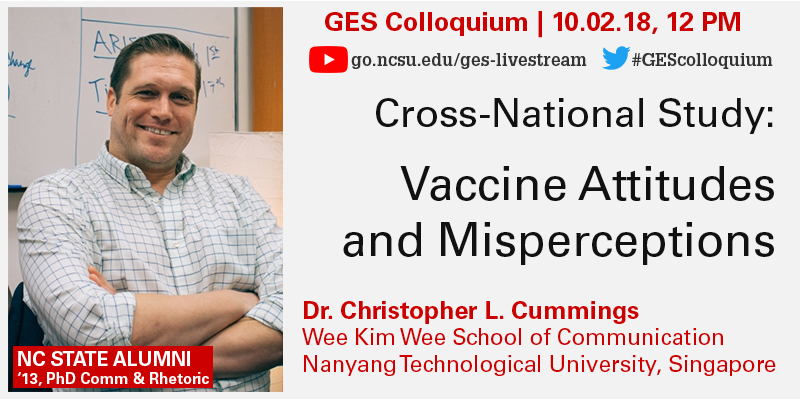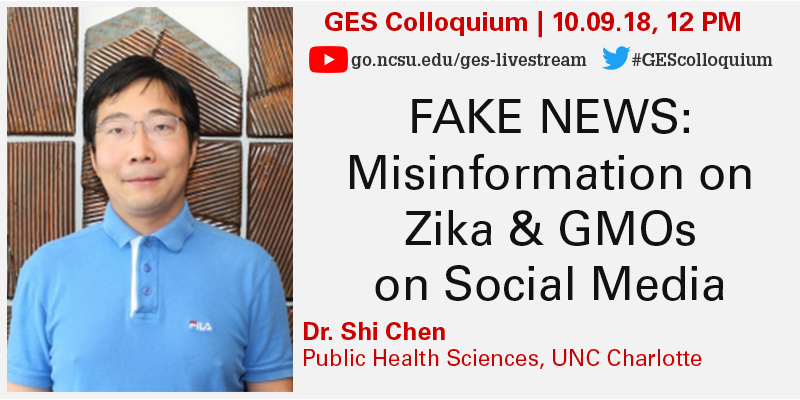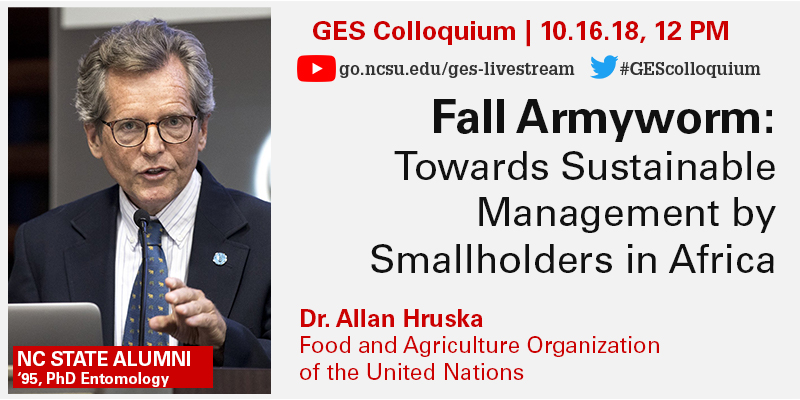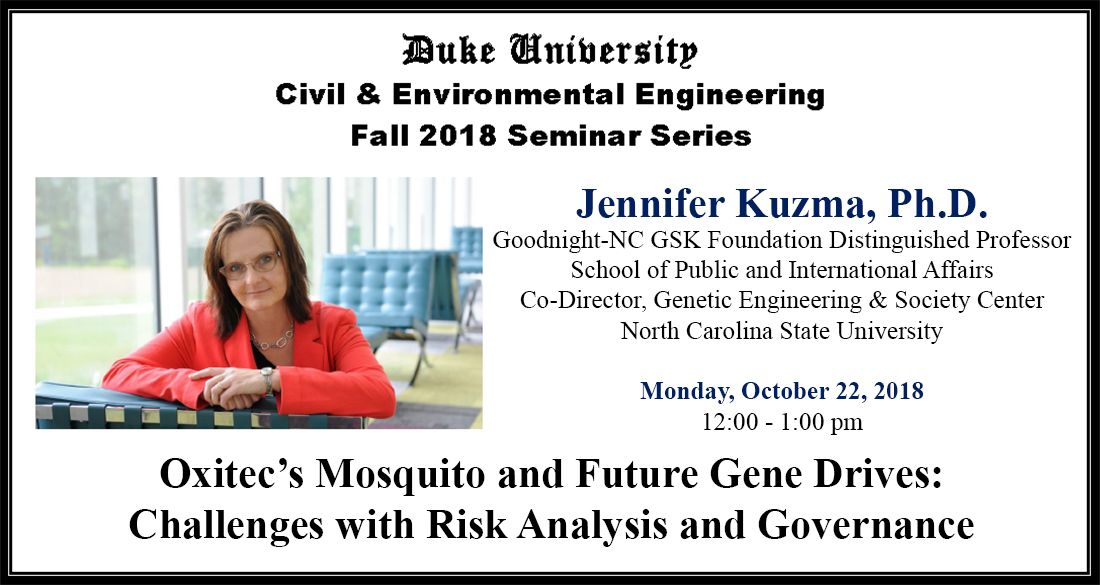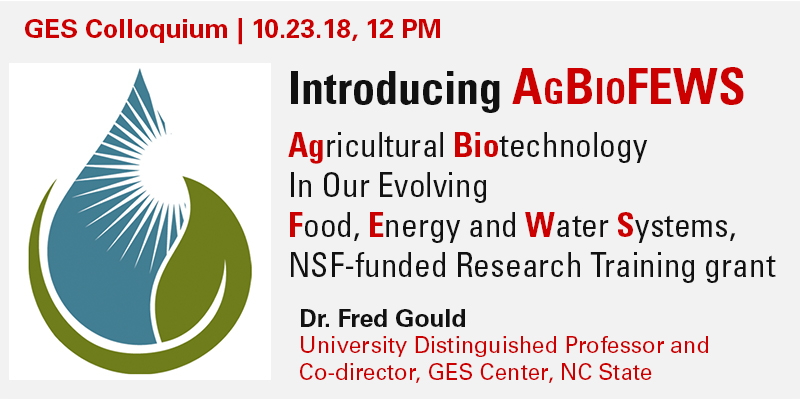Justin B. Biddle is an Associate Professor in the School of Public Policy at the Georgia Institute of Technology. His research interests are interdisciplinary in nature, drawing on fields such as philosophy of science, technology, and medicine; bioethics; food studies; ethics of emerging technologies, and science and technology policy. Conceptually, his research explores the relationships between three sets of issues: (1) the role of values in science, technology, and medicine; (2) the epistemic implications of the social organization of research, and (3) ethics and policy. He has explored these relationships primarily in the areas of biomedical research and agricultural biotechnology.

